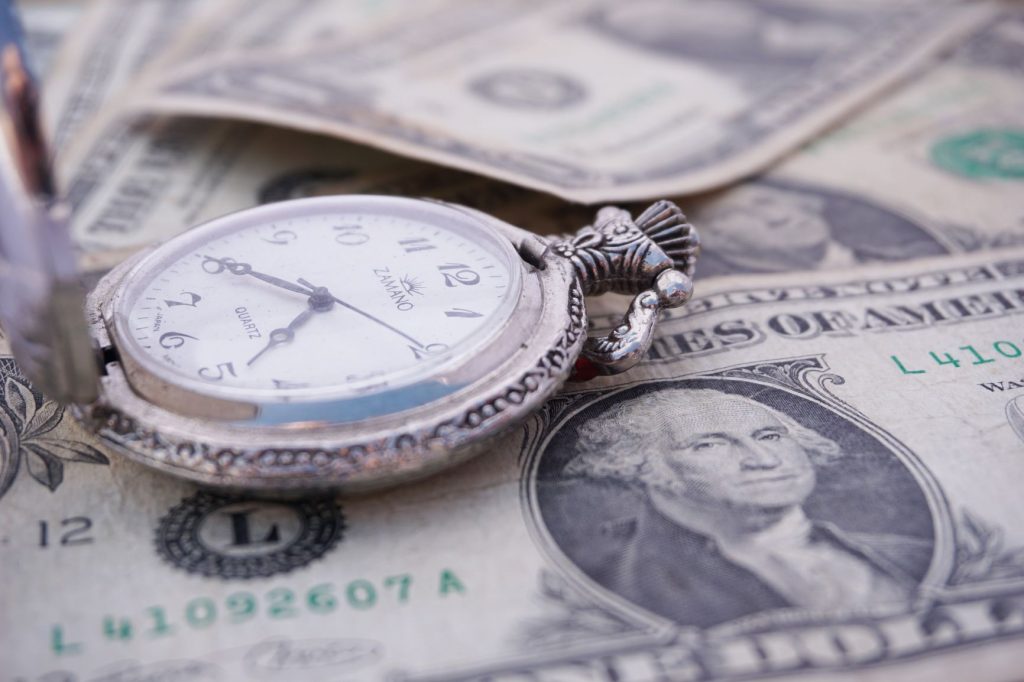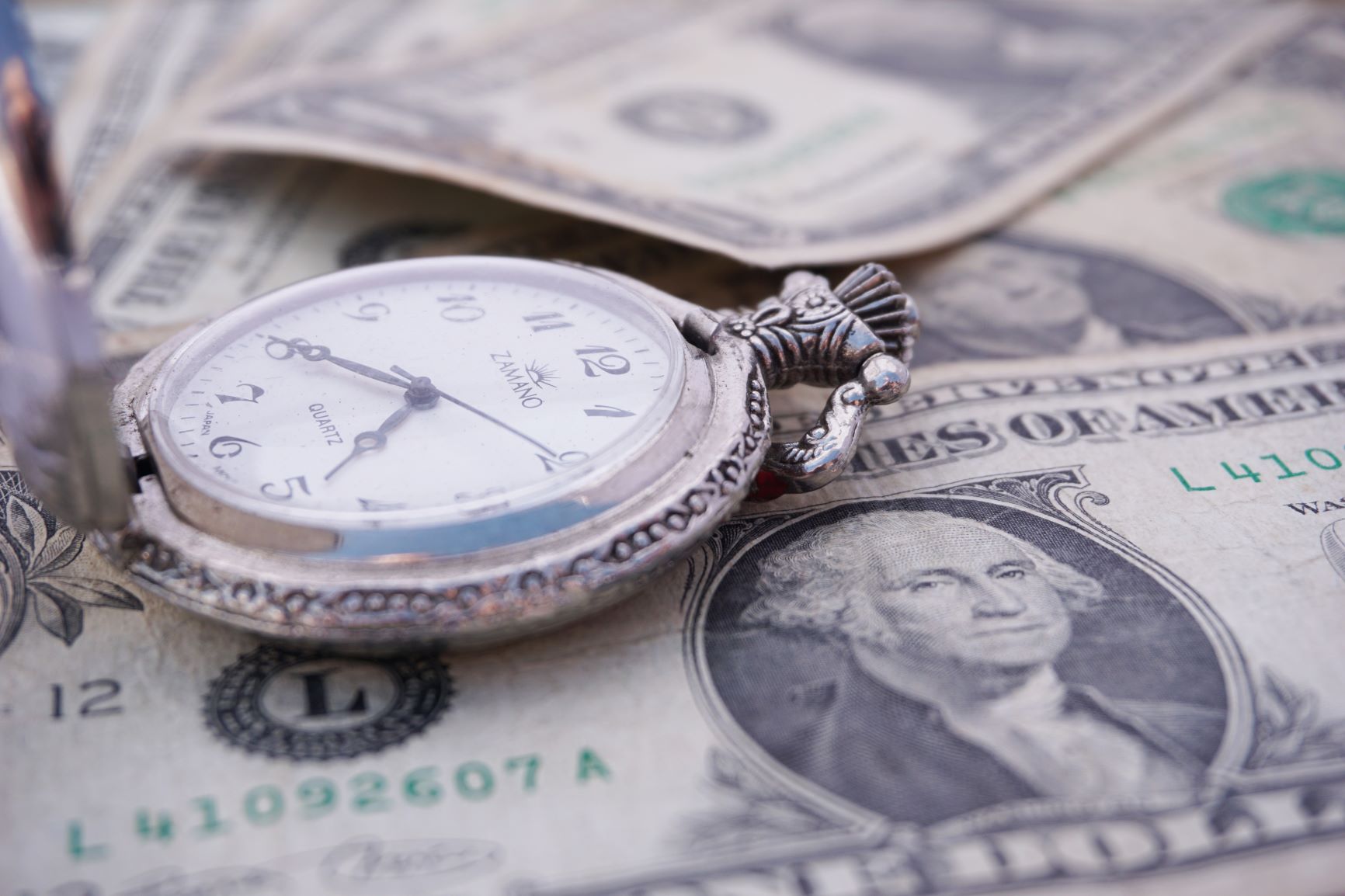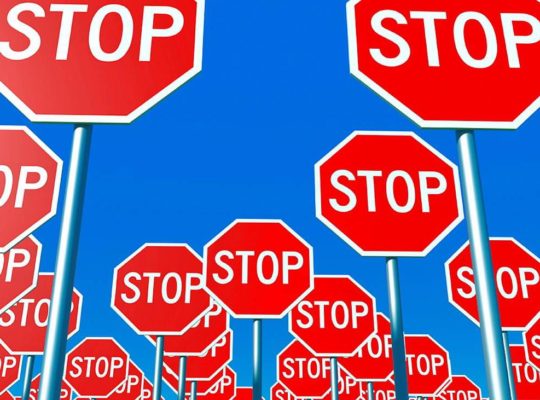 I’ve been discussing the concept of Shopper Economics for a number of years in workshops, seminars and at conferences. But since I used it in a couple of articles, many people have been in touch asking for more clarity on exactly what is Shopper Economics, and why it is important. And let me tell you, if you work in consumer goods: for a manufacturer, retailer or agency, then Shopper Economics is massively important. Shopper Economics is the driving force behind shopper behavior and the major shifts in retail dynamics we are seeing today around the world.
I’ve been discussing the concept of Shopper Economics for a number of years in workshops, seminars and at conferences. But since I used it in a couple of articles, many people have been in touch asking for more clarity on exactly what is Shopper Economics, and why it is important. And let me tell you, if you work in consumer goods: for a manufacturer, retailer or agency, then Shopper Economics is massively important. Shopper Economics is the driving force behind shopper behavior and the major shifts in retail dynamics we are seeing today around the world.
Why is Shopper Economics important?
Before answering ‘what is Shopper Economics’, I guess we’d better address this before we go much further (in case you’re tempted to skip to the end or stop reading!) Shopper Economics is important because it affects every decision a shopper makes. If we want to win with shoppers, to drive off-take of our brands, and to invest effectively and efficiently our brands or stores, we need to wrap our brains around Shopper Economics.
Shopper Economics lies at the heart of so many shopping decisions. Where to go shopping? Shopper Economics. What to buy now, what to buy later? Shopper Economics. Whether to buy this online or at a store? Shopper Economics. Which store? Shopper Economics. Which product? Shopper Economics. Everything that a shopper does, pretty much. Shopper Economics.
What is Shopper Economics?
Shopper economics, put simply, is the framework that shoppers use to ‘decide’ how they are going to shop. Note that the word ‘decide’ is not used literally (more about this later). Rather, Shopper Economics is the system of values that a shopper uses every time they go shopping. From my experience there are four major dimensions to this: consumer value, shopper value, price and time.
This makes sense. This is fundamentally a value/cost relationship. Value and cost drive many human decisions, and shopping is no exception. For shoppers, however, the value components can be split into two elements. And the same can be done with cost.
Shoppers can derive value from two places. Delivering the desired (future) consumption occasion, and delivering as a shopping experience. At its heart, pretty much every shopper mission is about meeting consumer needs, so this makes sense. At the same time, however, we often choose where and what to buy because of the shopping experience too. (And check this out if you are unsure about the difference between consumers and shoppers.)
In the same way, shopping has two major cost components – the money we spend and the time we spend doing the shopping. Understanding Shopper Economics is about understanding the trade-offs that shoppers make between these various dimensions or components.
For example, pretty much everyone would like to buy any given product at the lowest price. So why don’t we shop around for everything? Because shopping around has a time cost, which as a shopper, we balance against the potential benefit of a better price.
And yes, I know that this is obvious (though perhaps only in hindsight). But in my experience it is a concept that we apply very rarely as we market to shoppers and try to understand them. It is also (in my experience) a simple, yet powerful framework to help understand why shoppers do what they do.
First of all, a caveat. There are many subtleties to this; far more than could be addressed in a simple blog post. But I’d like to at least get the core principles across here (if you’d like to know more, please get in touch and let’s see what we can work out!).
What is Shopper Economics: Price
The most obvious dimension of shopper economics is price. Shoppers consider the price of their shopping mission as an input into how they will complete that mission.
Shoppers have complex budgets and complex concepts of price however, so we must be careful not to assume that ‘price’ means ‘lowest price’. Price can mean ‘lots of promotions’; it can mean overall low value. It can mean ‘I’ve noticed that this store seems to be good value on some of my favorite products’. It can be addressed at a store level, for a shopping basket, or a single product purchase.
What is Shopper Economics: Time
The other dimension to Shopper Economics ‘cost’ is time and/or convenience. Shoppers have budgets; they also have limited time. Shoppers make decisions out of convenience. They choose stores based on the time they have available. They pick up products from a less ideal store (one that doesn’t represent best price/value) because it is quicker or more convenient. Grab and Go? That’s a convenience/time dimension. Ever bought a brand that wasn’t your preferred brand because the other brand was out of stock? That’s Shopper Economics.
What is Shopper Economics: Consumer Value
Value is a complex and variable concept in the mind of a shopper. Value might relate to the quality of product. It might relate to how well this product will deliver to the consumer. Most shopping missions exist to meet future consumption needs. Whether buying for a meal for the family, a grab-and-go lunch stocking up on groceries or buying a new phone, there is a consumer and a consumption need behind it. Delivering against those consumer needs is a key value point for a shopper.
What is Shopper Economics: Shopper Value
Value can equally relate to the quality of the shopping experience. A store which is fun, pleasant to shop, offers a wide variety of (relevant) products, is clean: all of these are value/experience dimensions that can be important to shoppers, and impact the decisions that they make about where and how to shop.
I know this probably sounds simple and obvious but it is a fabulously simple way of analyzing shopper behavior at a macro and more micro level. And it is driving some of the biggest changes in shopper behavior, and retail, that we have seen in decades. More on this in my next post, so please subscribe now so you don’t miss it!
Shopper Economics isn’t about ‘decisions’
Shopper Economics is a simple but tricky concept. Shoppers don’t make always make conscious decisions; they don’t consciously evaluate the Shopper Economics of every decision they make. Many decisions are subconscious after all. But underneath a lot of these sub-conscious decisions lie Shopper Economics. Can Shopper Economics explain everything? Of course not. Behavior and motivation is complex. But as a starting point for understanding why shoppers do what they do, and understanding how to motivate them to change their behavior, Shopper Economics is, in my experience, a great starting place.
If you’d like to know more about Shopper Economics, shoppers in general, retail trends or how to win at retail, please get in touch now.




